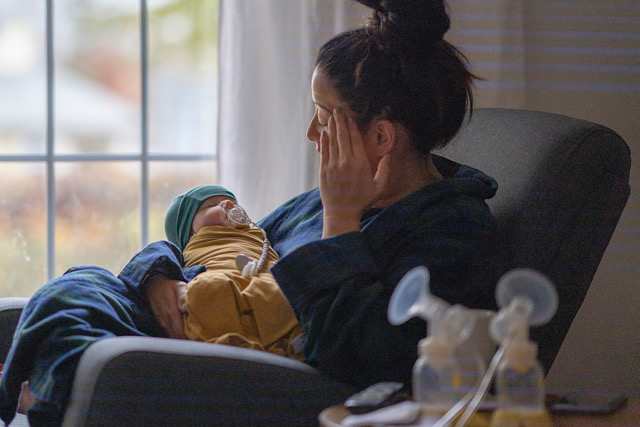The CoVid-19 pandemic has thrown the entire world into experiencing collective loss and grief. For some, this is their first experience with these emotions and they may have few prior losses to inform them of what to expect. In this two-part series, we cover what grief and loss can look like during the pandemic (part 1) and also how to cope (part 2).
Grieving the loss of a loved one during this time of worry and uncertainty is particularly difficult. Social distancing, health and safety guidelines and limits on in-person gatherings have challenged the ways family and friends can gather and grieve. Some actions you can take to help you cope with the grief associated with the loss of a loved one include:
Acknowledge the loss and feelings of grief
Losing someone you care about is already painful and current circumstances only add additional stress. You may feel a range of emotions that include anger, sadness, and guilt. If you were unable to say goodbye to your loved one or be with them at the end of their life, you may feel regret. Give yourself permission to feel whatever you are feeling without judgement.
Alter rituals while keeping core elements
The grief literature supports acknowledging and honoring the people we have lost as a part of a normal grief response. A wake, viewing, funeral service, celebration of life, or a Shiva are just some of the ways this can be accomplished. While each one of these can look different, keep in mind that they all accomplish some common goals and do not need to necessarily take place in person. These common goals include:
- Mark the reality of the death
- Find meaning in the loss
- Express emotions related to the loss
- Remember the deceased
- Receive and give support
- Say goodbye to the deceased
Connect with others
The simple act of connecting with people who care about you is an important way to facilitate the grief process.
- Ask family and friends to contribute to a virtual memory book, blog, or web page to remember your loved one.
- Take part in an activity such as planting a tree or preparing a special meal that has meaning to the person you have lost. Invite others to join you in doing something similar.
- Seek grief counseling, online support groups, or hotlines in order to share your experience with others who have experienced loss.
- Seek grief counseling or spiritual support from faith based organizations, when applicable.
Keep in mind that although grief is typically associated with death, but it can follow any type of loss. This includes other significant losses related to the pandemic including loss of a job, inability to connect with friends or family, missing special events or milestones (graduations, weddings), and experiencing loss of routine. You can focus on the same three practices outlined above in order to cope with these losses as well. First, acknowledge the grief. Second, alter the experiences while maintaining the core elements that are important to you. And finally, connecting with others while maintaining health and safety practices.
For more information on coping with grief and loss, especially during the pandemic – visit: https://www.hopeandgrief.com/





